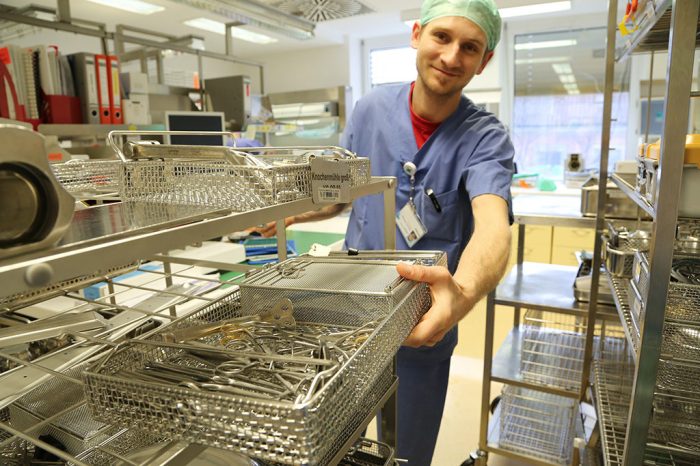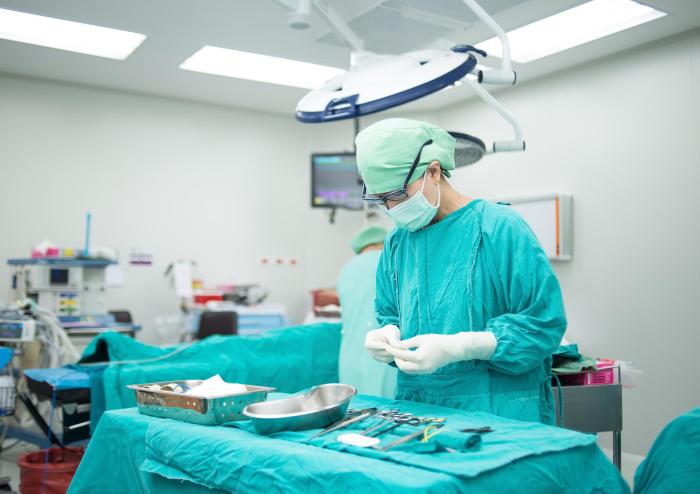What Are Some Typical Hobbies For A Tserile Processing Technician – What Are Some Typical Hobbies For A Cereal Processing Technician? The demanding world of cereal processing requires precision, problem-solving, and stamina. But what do these professionals do to unwind and recharge after a long day spent optimizing production lines and ensuring quality control? This exploration delves into the diverse hobbies favored by cereal processing technicians, revealing how their leisure activities often reflect and complement their professional skills and the inherent stresses of their work.
From technically minded pursuits that hone their analytical abilities to physically engaging activities that combat workplace strain, the hobbies of cereal processing technicians offer a fascinating glimpse into the lives of these essential industry players. We’ll examine how their chosen pastimes contribute to work-life balance, stress management, and overall well-being, providing insights into the multifaceted nature of this profession and the individuals who drive it.
Understanding the Cereals Processing Technician Role

A cereals processing technician plays a vital role in the food manufacturing industry, ensuring the efficient and safe production of breakfast cereals and other grain-based products. Their work is crucial for maintaining quality control and meeting production targets. This involves a blend of technical skills, problem-solving abilities, and a commitment to food safety regulations.
Daily Tasks of a Cereals Processing Technician
The daily routine of a cereals processing technician varies depending on the specific production line and company, but generally involves operating and monitoring processing equipment, conducting quality checks, and performing routine maintenance. Tasks often include ingredient handling and mixing, overseeing the cooking and drying processes, and ensuring the proper packaging of the finished product. They also play a crucial role in identifying and resolving any production issues that may arise throughout the day.
This might involve troubleshooting malfunctions in machinery or adjusting processing parameters to maintain consistent product quality.
Required Skills and Knowledge
Success in this role necessitates a combination of practical skills and theoretical knowledge. Strong mechanical aptitude is essential, coupled with an understanding of food processing principles and safety regulations. Proficiency in operating and maintaining various types of processing equipment is critical, along with the ability to interpret technical manuals and perform basic troubleshooting. A keen eye for detail is necessary for quality control, and effective communication skills are vital for collaborating with team members and reporting production data.
Furthermore, a working knowledge of hygiene and sanitation procedures is paramount in maintaining a safe and compliant food production environment.
Work Environment and Potential Challenges
The work environment is typically fast-paced and demanding, often involving long shifts and exposure to loud noises, high temperatures, and potentially hazardous machinery. The nature of the work can be physically demanding, requiring standing for extended periods and lifting heavy objects. Potential challenges include managing equipment malfunctions, maintaining production schedules under pressure, and ensuring adherence to strict hygiene and safety standards.
Effective problem-solving skills and the ability to adapt to changing situations are crucial for navigating these challenges successfully.
Common Equipment Used in Cereal Processing
Cereal processing utilizes a range of specialized equipment. This includes high-speed mixers for blending ingredients, large-scale cooking vessels for preparing the cereal mixture, and sophisticated drying systems to remove excess moisture. Extruders are commonly employed to shape the cereal, followed by cutting and sizing equipment to achieve the desired product dimensions. Finally, automated packaging machines ensure efficient and consistent product packaging for distribution.
Maintaining and troubleshooting these complex systems forms a significant part of a technician’s daily responsibilities.
Hobbies that Complement the Work Environment: What Are Some Typical Hobbies For A Tserile Processing Technician

Cereals processing technicians often work in fast-paced, demanding environments requiring meticulous attention to detail and precision. To maintain a healthy work-life balance and prevent burnout, engaging in hobbies that offer a stark contrast to the daily grind is crucial. These activities should provide mental and physical rejuvenation, fostering creativity and reducing stress.Hobbies that provide a counterpoint to the demands of the job can significantly improve overall well-being.
The contrast between the precise, often repetitive tasks of a processing technician and a hobby that encourages free-flowing creativity or physical exertion can be particularly beneficial. This section explores various hobbies that offer such contrast, highlighting their complementary nature and the advantages they offer.
Hobbies Offering a Change of Pace and Mental Refreshment
Many hobbies offer a welcome change of pace from the structured, often automated environment of a cereals processing plant. Activities that promote relaxation and mental clarity are particularly valuable. For instance, mindfulness practices like yoga or meditation can provide a counterpoint to the high-energy demands of the workplace. These practices cultivate focus and calm, skills transferable to the workplace but experienced in a completely different context.
Similarly, creative pursuits such as painting, drawing, or playing a musical instrument can provide an outlet for self-expression and stress reduction, allowing for a shift from the analytical focus required in the job. Gardening, with its focus on nurturing growth and observing natural processes, can also offer a restorative counterpoint. The rhythmic and repetitive actions can be surprisingly calming, offering a different type of structured activity than that found in the workplace.
Hobbies Requiring Different Skill Sets
The analytical and problem-solving skills honed in a cereals processing role might be best balanced with hobbies that engage different cognitive abilities. While the job may demand meticulous attention to detail, hobbies requiring creative improvisation or strategic thinking can offer a welcome contrast. For example, playing a team sport demands collaboration and quick decision-making, skills not always central to the daily tasks of a technician.
Similarly, learning a new language challenges the brain in a different way, requiring memorization and pattern recognition distinct from the technical aspects of the job. Engaging in woodworking or other craft projects demands spatial reasoning and fine motor skills, offering a different type of physical and mental engagement.
Benefits of Hobbies Unrelated to Work, What Are Some Typical Hobbies For A Tserile Processing Technician
The benefits of pursuing hobbies completely unrelated to one’s profession are substantial. Such activities prevent professional burnout by offering a complete mental detachment. They provide opportunities for personal growth and exploration outside the professional realm, fostering a sense of self beyond one’s job title. This can lead to increased job satisfaction and improved overall mental health, creating a more balanced and fulfilling life.
For example, a technician might find a fulfilling hobby in hiking or rock climbing, providing a physical challenge and connection with nature entirely different from the controlled environment of a processing plant. The benefits extend beyond stress reduction, fostering resilience and adaptability, skills valuable both personally and professionally.
Ultimately, the hobbies of cereal processing technicians reveal a diverse range of interests, reflecting the multifaceted nature of the profession itself. Whether it’s the precision required in woodworking, the strategic thinking involved in gaming, or the physical exertion of cycling, these pastimes provide crucial counterpoints to the demands of the job, fostering a healthy work-life balance and contributing to overall well-being.
Understanding these choices offers a deeper appreciation for the individuals behind the critical role of ensuring a consistent supply of breakfast cereal.

